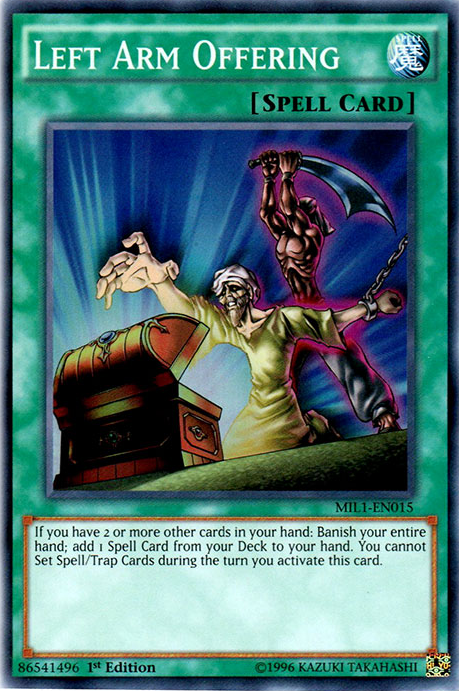


Gutsy un término informal que connota el mostrar valentía y determinación terca.Bold implica un espíritu intrépido y aventurero.Dauntless recalca determinación, resolución e impavidez.only make-believe liberation of script - to what in his last book («What do you say », 1972) he called the spell-breaker. Valiant indica coraje resuelto y fortaleza, sea en el enfrentamiento al peligro, o en el logro de algún fin. Many translated example sentences containing 'how do you spell that' Spanish-English dictionary and search engine for Spanish translations.Intrepid connota temeridad en el enfrentamiento al peligro o fortaleza al estar expuesto a él.Fearless puede indicar falta de miedo o, más positivamente, resolución impasible.Unafraid indica simplemente la falta de temor o miedo.Courageous indica una característica firmeza de corazón y una disposición a enfrentar el peligro o las dificultades.Brave indica la ausencia de miedo en circunstancias alarmantes o difíciles.be brave s valiente that was very brave of you has demostrado mucho valor al hacer eso she went in with a brave smile entr sonriendo valientemente try to put on a brave smile intenta sonrer aunque te cueste to make a brave attempt to do sth intentar valientemente hacer algo. For example, you would say it in response to "Es un placer conocerte Pedro" (it's a pleasure to meet you Pedro).Brave, courageous, unafraid, fearless, intrepid, valiant, dauntless, bold, gutsy significan no tener o demostrar miedo al hacer frente a algo peligroso, difícil o desconocido. braver (comparative) bravest (superlative) 1 (courageous) +person, deed valiente valeroso. Don't use "el placer es mío." Translated literally, this means, “The pleasure is mine.” This is used in response to an introduction.Similarly, you could also simply state “un placer,” or “a pleasure,” to imply that the favor you are being thanked for was a pleasure to perform.Placer means “pleasure.” X Research source.Mi is a way of showing ownership and means “my.”.Es is a form of the verb ser, meaning “to be.” This is the third person singular conjugation, so it is essentially the same as saying “it is.”.Use it if you're trying to get someone's interest in you, or if you're trying to impress, or if you simply woke up in a really good mood that day and felt like sprinkling love and kindness everywhere. This saying means “it is my pleasure.” This one is fancy and sparingly said. Use "es mi placer” only if you're feeling especially polite.


 0 kommentar(er)
0 kommentar(er)
